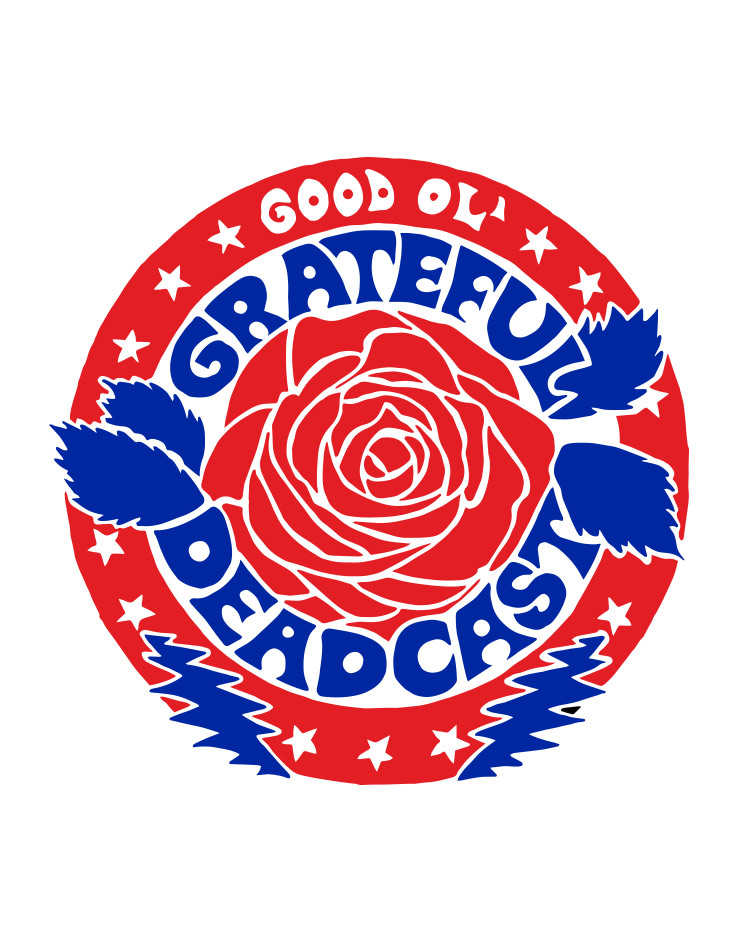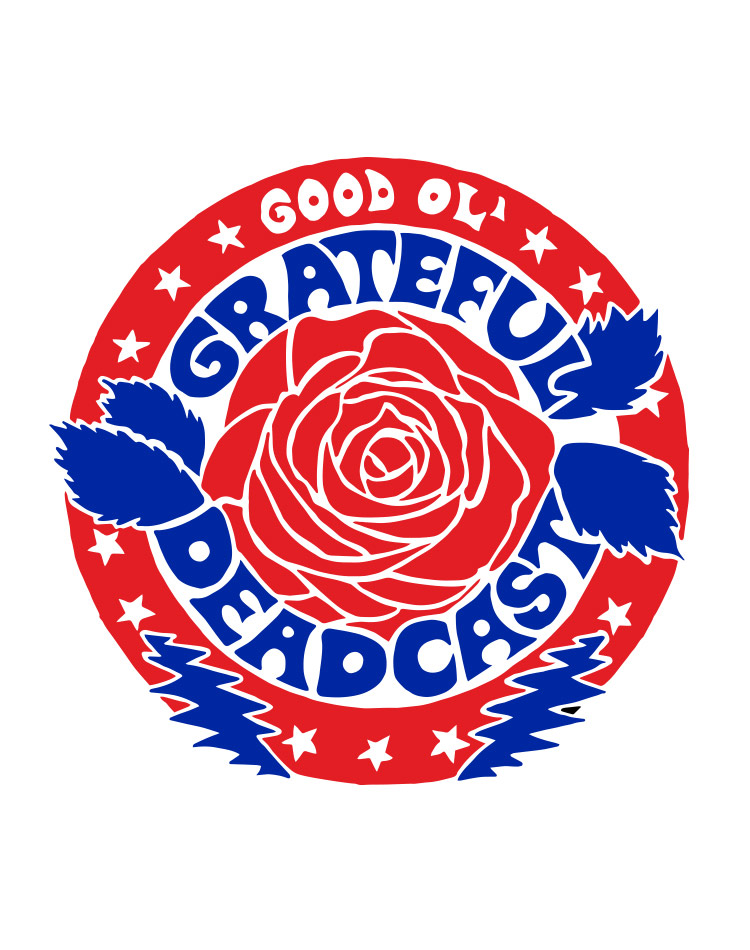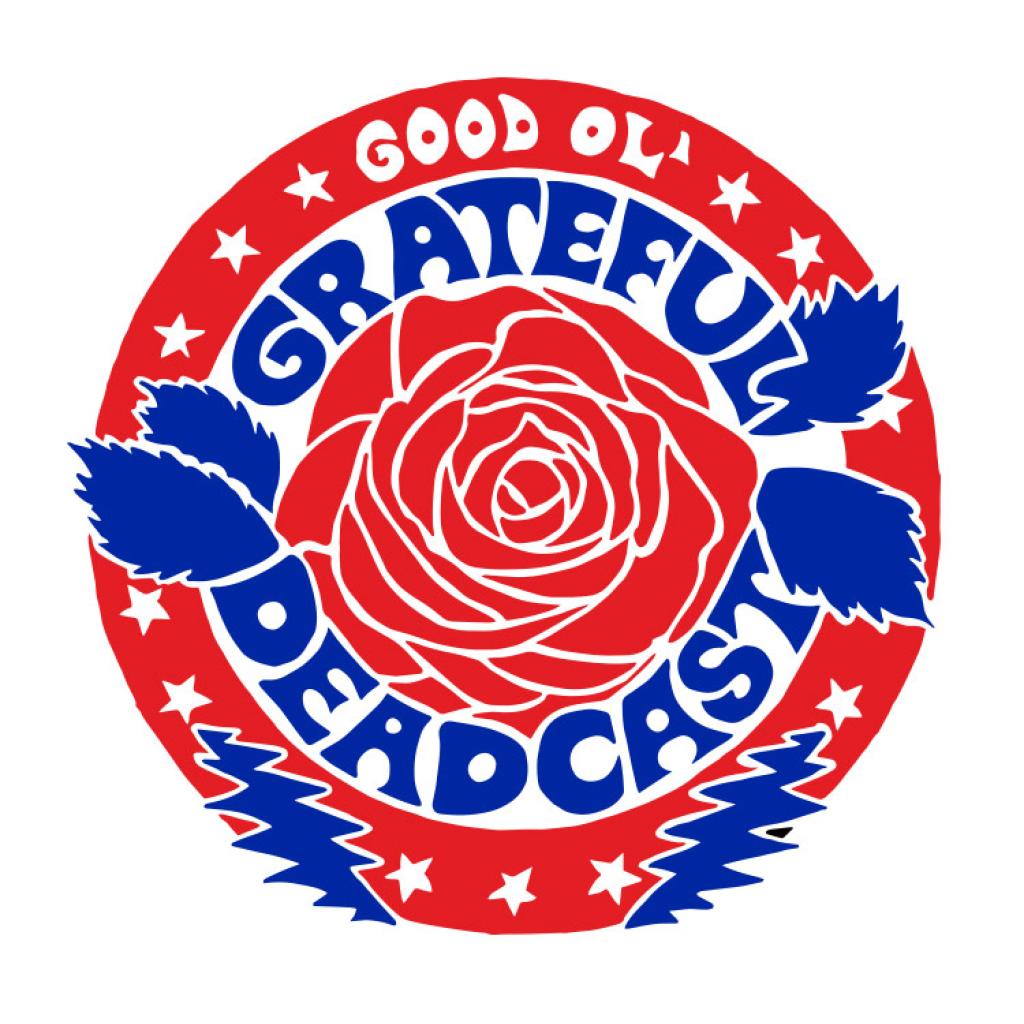The Deadcast joyously welcomes the 50th anniversary reissue of Robert Hunter’s solo debut Tales of the Great Rum Runners, uncovering stories of two early drafts of the album, a mostly-lost book of poetry, and Hunter’s secret performing career as Lefty Banks.


by Jesse Jarnow
The story of Robert Hunter’s 1974 solo debut Tales of the Great Rum Runners is a map of roads not taken, as I learned when I wrote liner notes for the new 50th anniversary reissue, including two scrapped versions of the album (one still lost), a mostly-lost book of poetry, and a secret performing career under an assumed name. With its handmade feel, it’s been a favorite of mine since a righteous friend of my dad’s passed along his LP to me when I was a budding music head (along with Television’s Marquee Moon, the Sex Pistols’ Never Mind the Bollocks…, and a Dead/New Riders bootleg from ‘71).
We’ve explored the work of the writer and Grateful Dead lyricist before, especially on our Keys To The Rain episode (celebrating what would have been Hunter’s 80th birthday in 2021), and in Prelude/Tuesday Night Jam (uncovering a never-rumored tape of Hunter leading the Garcia-less Dead in a wondrously experimental and playful studio session). Despite his folky roots, it wasn’t a given that Hunter ended up as a singer-songwriter. Until 1974, his only appearance on record was in the outro of the “Dark Star” single, reading a poem transcribed on Alex Allan’s indispensable WhiteGum.
First and foremost, Robert Hunter was a writer. In the early ‘60s, he penned the Silver Snarling Trumpet, a roman à clef about the early Palo Alto scene, finally scheduled for publication later this year. He only occasionally published his writing, beginning with the “Starship ‘Grateful Dead’: An Instruction Manual” (discovered and annotated by Christopher Coffman, and subject of its own study), the co-authored missives (with Jerry Garcia and Alan Trist) “by” St. Dilbert in the Dead Heads newsletter, as well as his own series of poems for Dead Heads in 1972 and 1973 (each signed with a glyph).
In 1974, Robert Hunter passed Jerry Garcia’s Gibson SG to guitarist John Perry, who would go on to co-found the legendary UK band the Only Ones. But in 1975, the guitar was stolen from the boot of his car (alongside the car itself) outside Dingwalls, the London punk club. The American flag stickers were gone by then, as was the Bigsby tremolo (though you could make out the remains of both), but the guitar could still be out there. Perry never knew the serial number, and photos of the guitar indicate that its serial number wasn’t in the usual place on the back of the headstock, but keep an eye out!




I finally got it to work!